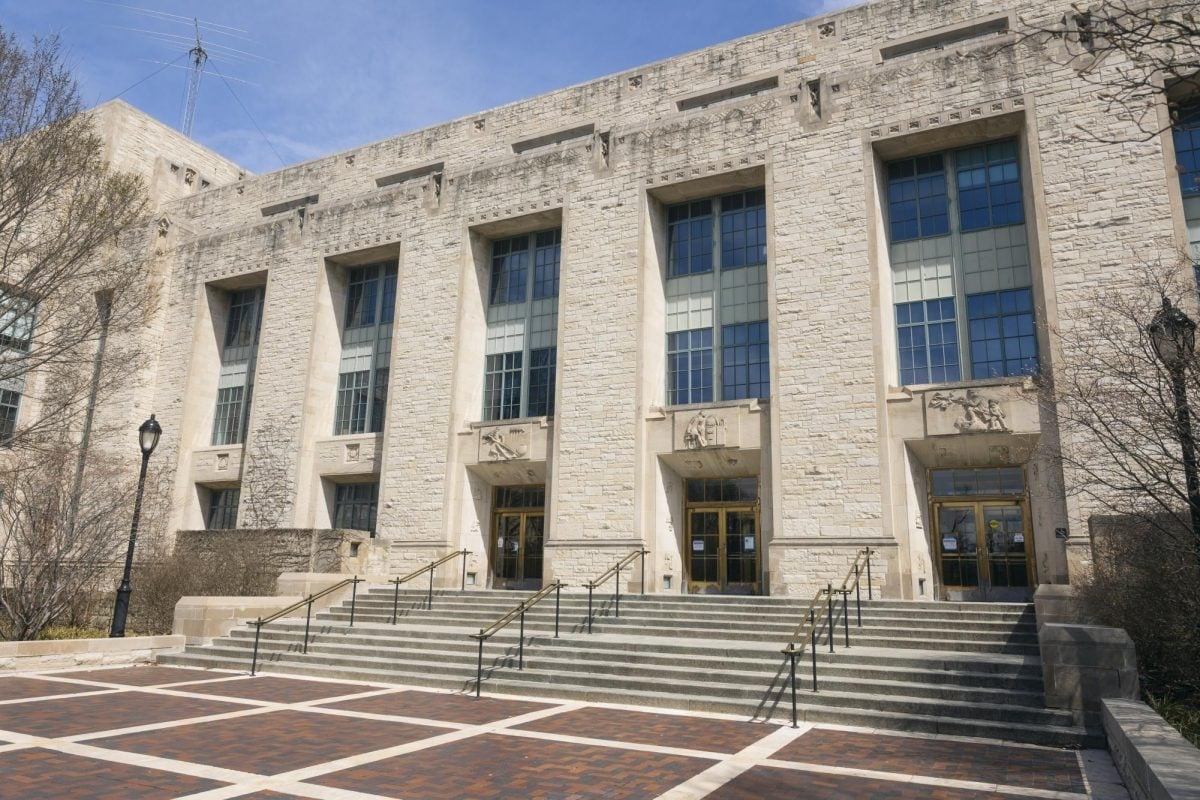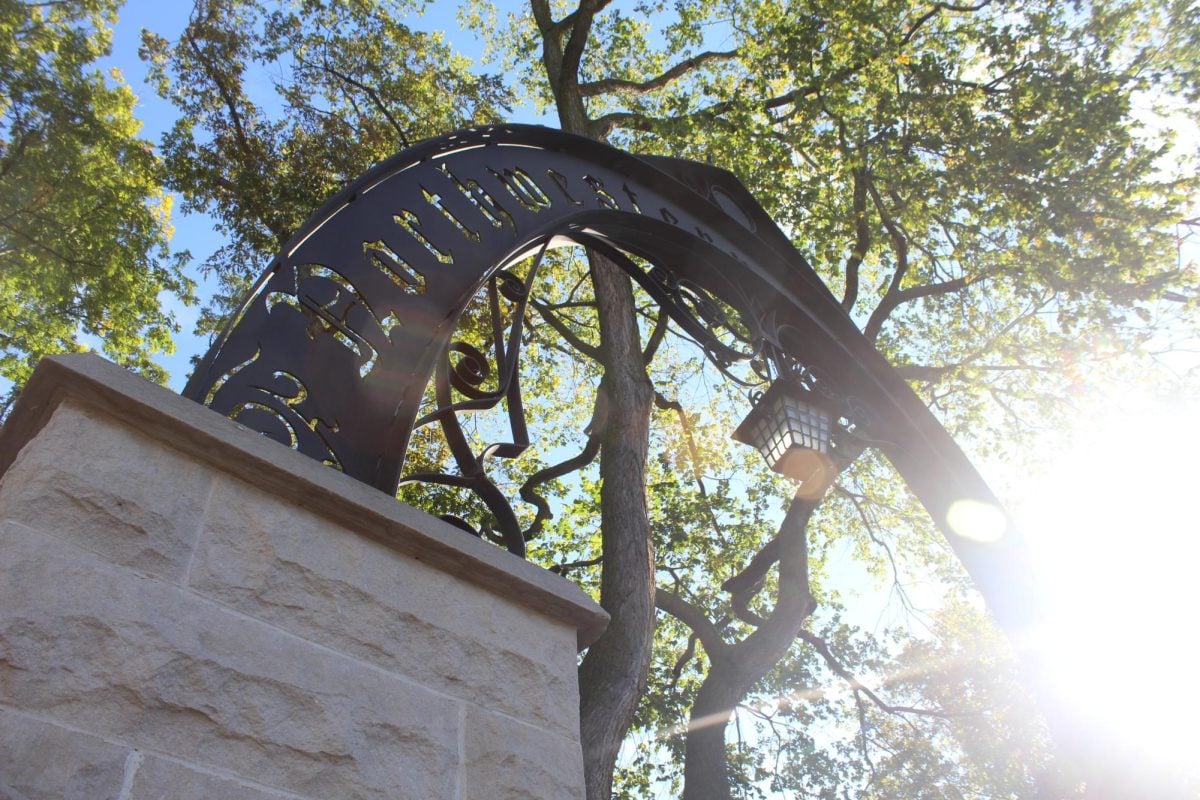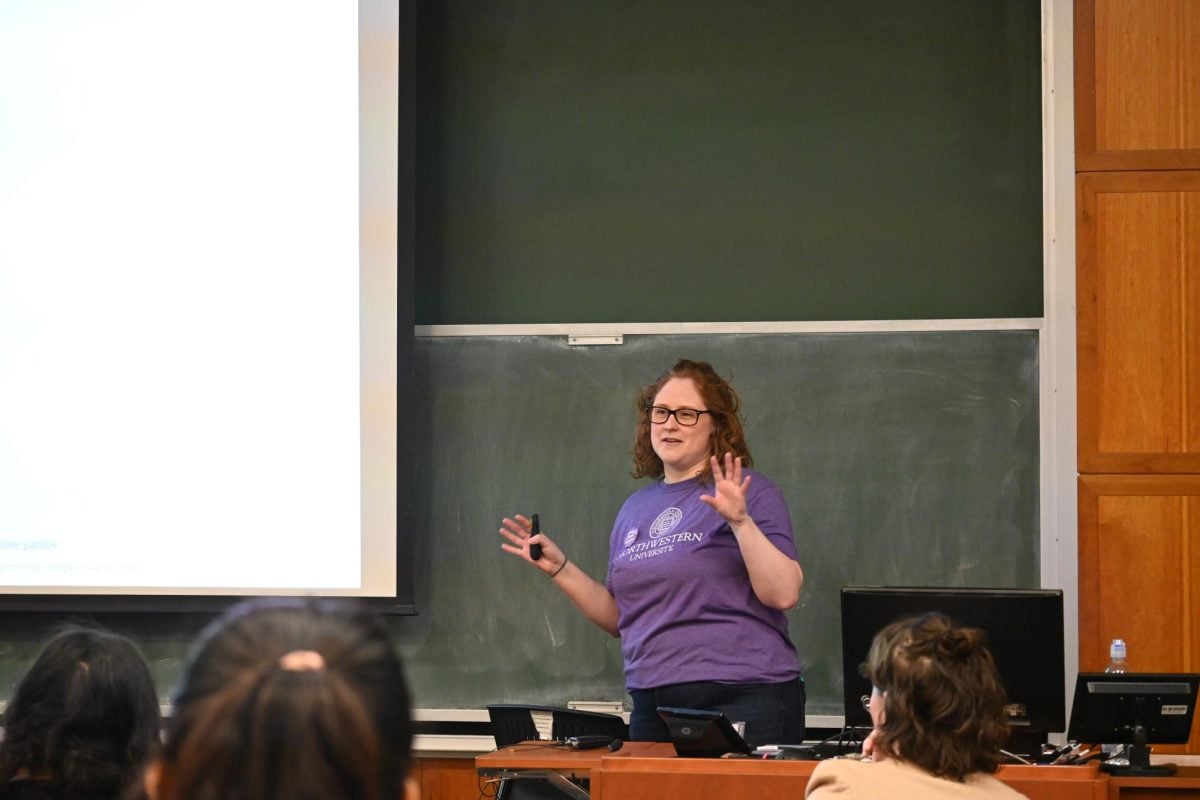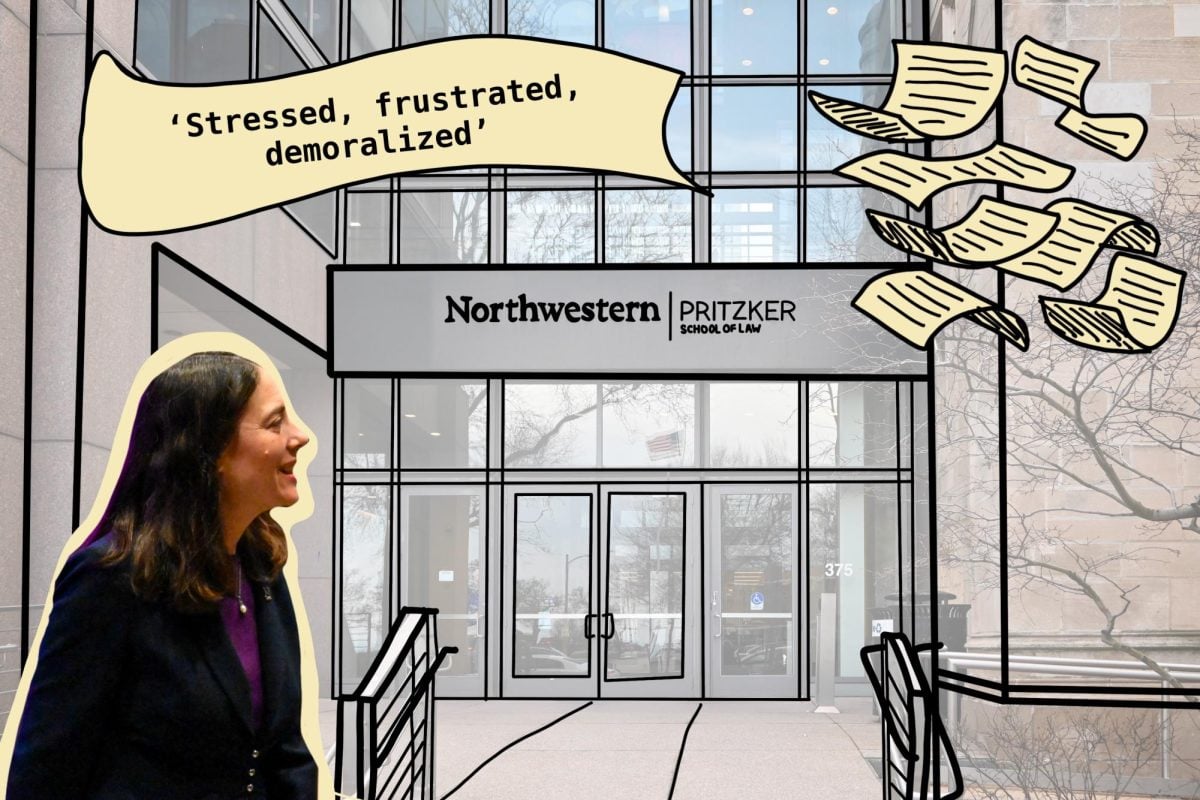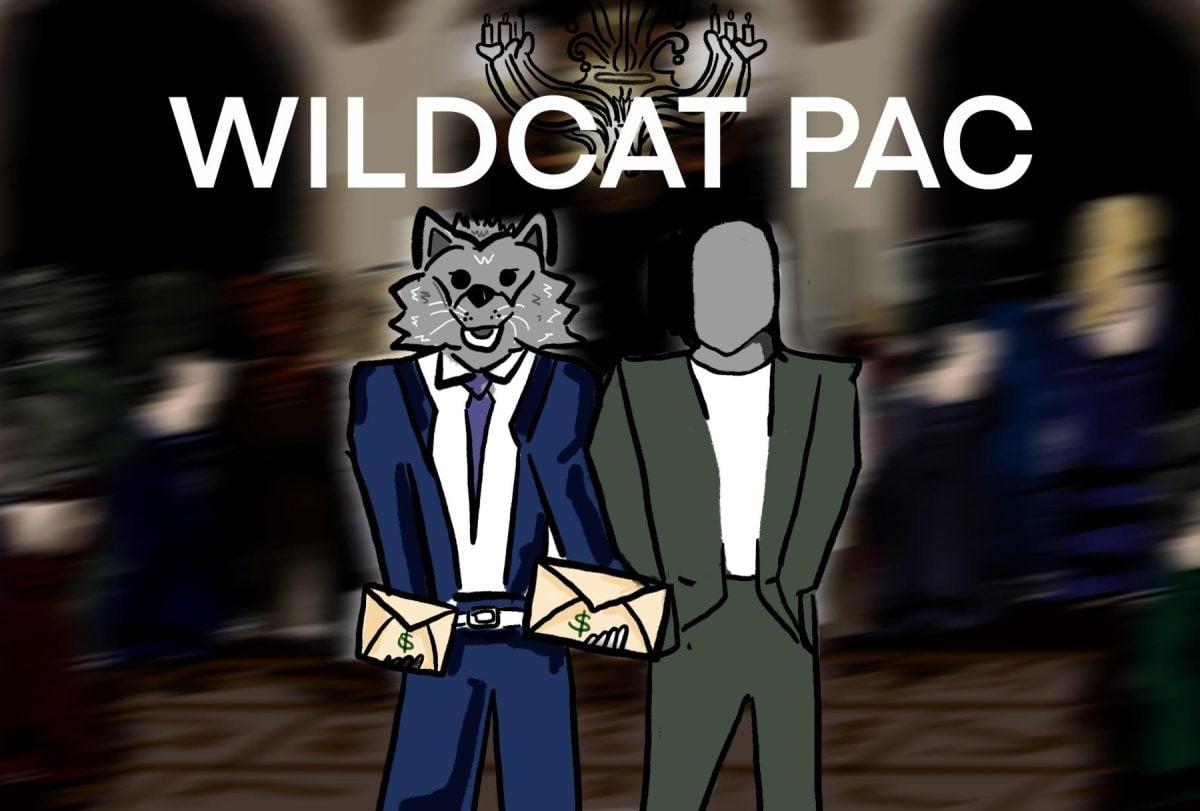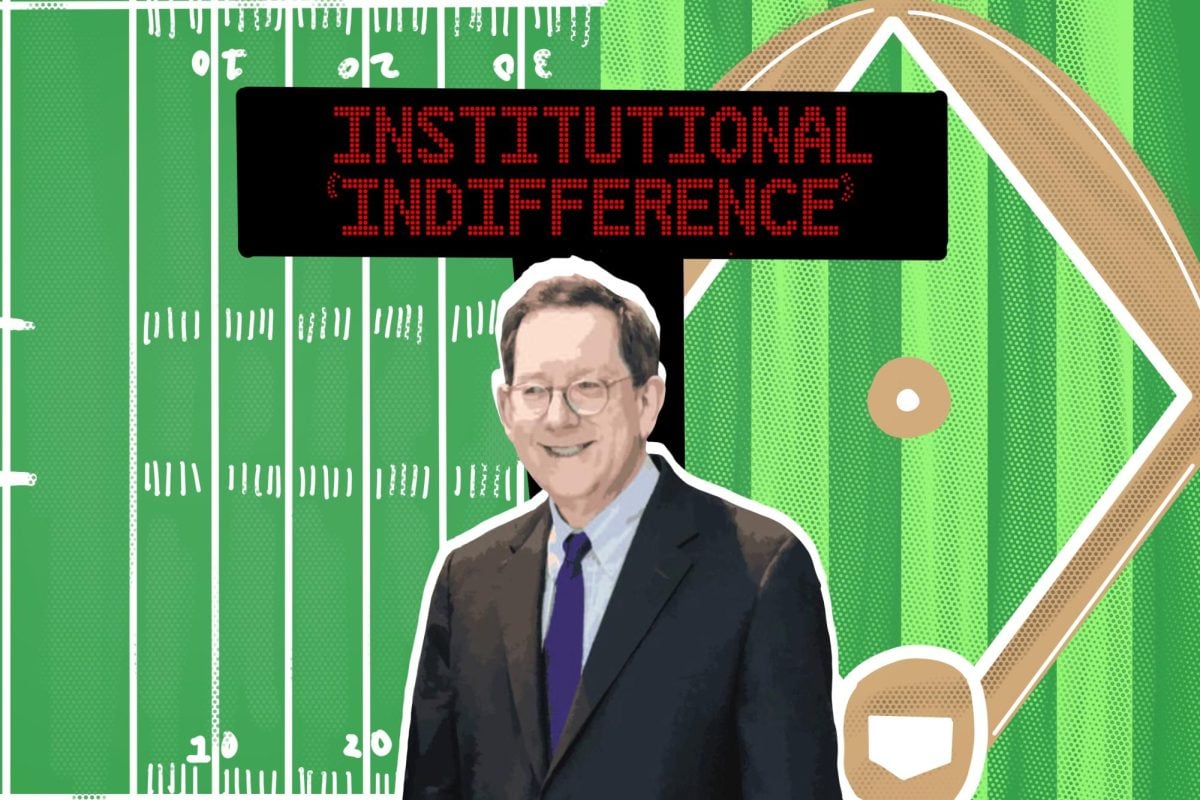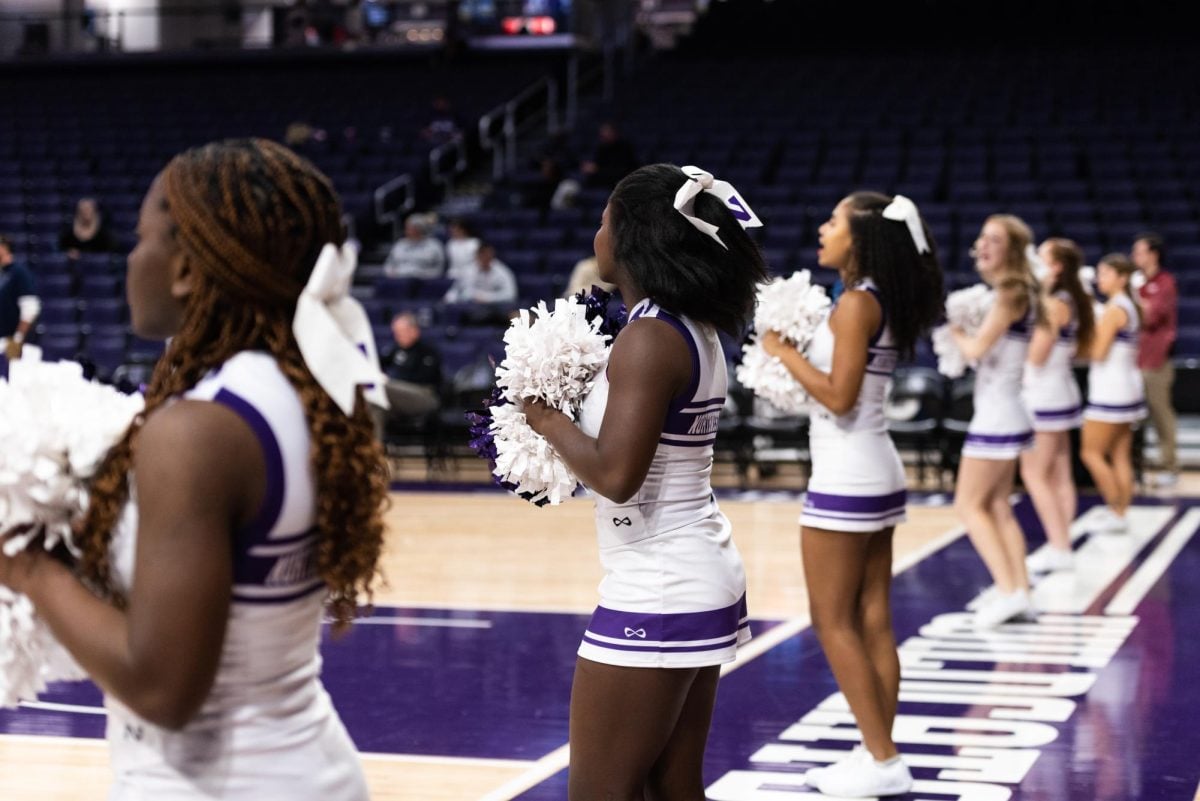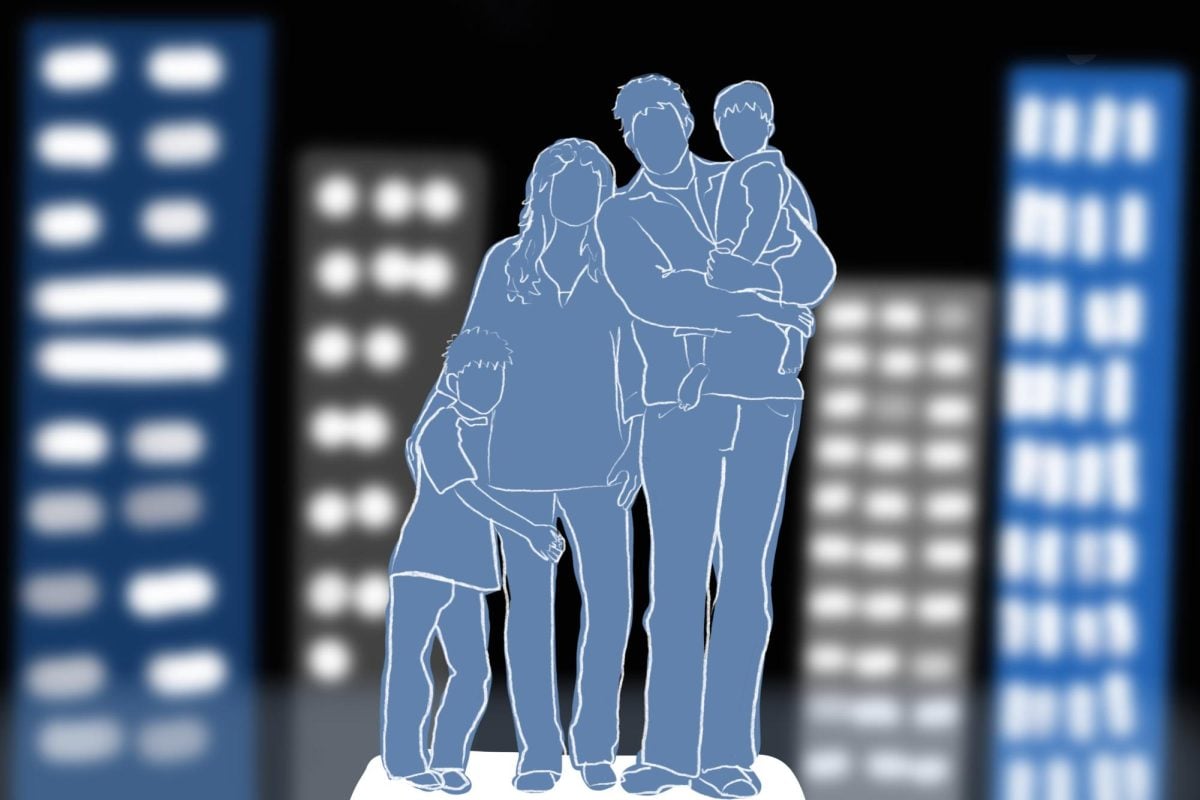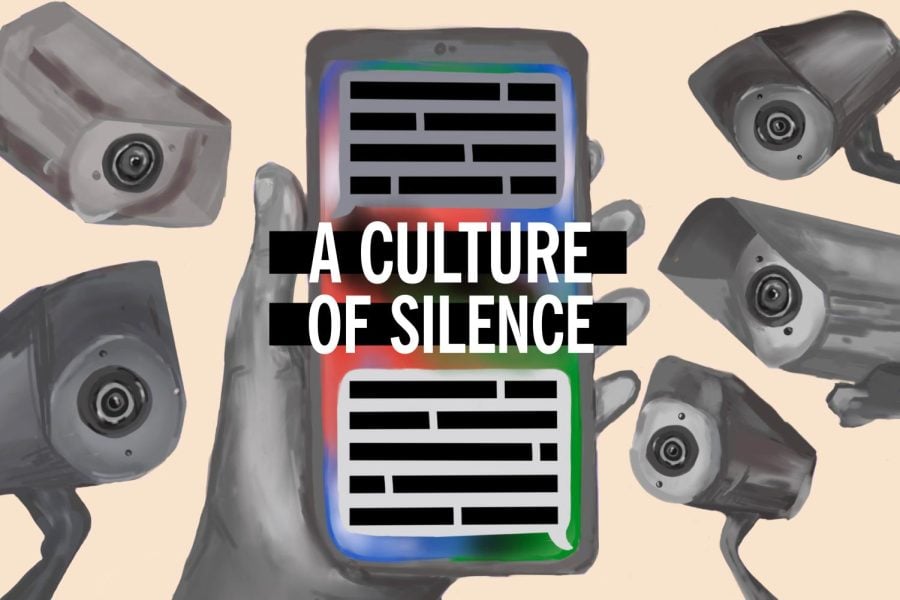In 1896, a group of Northwestern students established a seniors-only honors fraternity to improve relations between student leaders and the University administration. They called it Deru. More than 100 years later, around 2000, Deru went underground and became NU’s secret society.
But that’s no secret.
When The Daily obtained the group’s current roster earlier this year, reading the names was more a confirmation than a revelation. Many of the 22 members – the number now is intended to reflect 1 percent of the senior class – have told their friends about being in the group. Some advise their junior peers about how to succeed in the secret selection process. One even lists the society on his résumé.
Deru’s real secret may not be what it is or who is in it, but rather what it does.
On campus, the group is primarily known for planning social events like the senior bar crawls. Many non-Deru students interviewed for this story described the society like they would a middle-school student government: an enviable membership for those selected but an ultimately powerless organization.
The thing is, Deru does have some power.
‘The big question’
A University-sponsored organization, the society hosts an annual spring advisory conference in which they meet with top NU administrators, Associate Provost Ron Braeutigam said.
Rather than a retreat, the event is called “The Advance.” Its intention is to take an advanced look at issues becoming important on campus. Administrators declined to comment on specific Deru presentations in the past.
Recently, Deru talked with NU officials about the upcoming University Strategic Plan, which will guide the school’s fundraising efforts for the next five to 10 years, Provost Dan Linzer said.
While administrators meet with many students and groups about potential initiatives, Deru offers a unique perspective to the administration because of its “informal but effective” structure and the experience of the members, Dean of Students Burgwell Howard said.
The University funds the activities Deru plans, although its budget is relatively small compared to those of larger student groups, Braeutigam said.
In possibly its most significant role, Deru acts as an agenda-setter for campus issues. With representatives seated atop almost every major student group, the society’s weekly meetings sometimes function as caucuses “to get everybody on the same page,” said a recent Deru alumnus who requested not to be named because of Deru’s nature.
For some, Deru’s secrecy and power has proved a worrisome combination.
One current Deru member, the only one who agreed to talk for this story, said Deru’s plunge underground has caused the society to stray from its original intention of bettering NU.
“The big question to the group is, ‘Is this useful for Northwestern or is it more useful to the people involved?'” said the senior, also requiring anonymity. “It can in a lot of ways be interpreted as an excuse for people to feel good about themselves, to feel more important.”
The student said members “enjoy the social aspect” of Deru, which includes meeting with famous alumni. The student declined to specify who met with the group this year.
Former U.S. House Majority Leader Dick Gephardt, former NFL player Otto Graham and many other well-known NU alumni were in Deru, according to University records.
University President Morton Schapiro said he ate dinner with last year’s Deru class in the back room of the Celtic Knot, his only interaction with the group in the year and a half he has been in office.
For Schapiro, the best student input comes from elected leaders like those in the Associated Student Government.
“I’m not into secret societies,” he said. “Those places never let me join, so I just kind of felt like, ‘Oh, it’s another club I wouldn’t have been invited to.'”
An ‘unusual society’
NU Rabbi Josh Feigelson, who acts as an informal adviser to the group, said secrecy gives the members the opportunity to speak freely together and with the administration.
“People are able to talk honestly with each other and are able to really explore who they are in the context of a diverse group of people they probably wouldn’t have met,” said Feigelson, who was in Skull and Bones as an undergraduate at Yale University.
Being out of sight allows Deru members to act without worrying about campus politics, said Howard, the dean of students.
To illustrate his point about the importance of privacy to some organizations, he compared the situation to the recent mass publication of government documents by the website WikiLeaks, which “didn’t help our relations with those countries or other countries, to hear about was being said behind the scenes.”
Howard added that Deru’s secrecy allows members to avoid potentially tense relationships with their peers in other organizations.
“When people have discovered that someone that they are close to was a part of a group that they weren’t aware of, it has caused some strife for people,” Howard said. “This is not something that people apply to. This is something that people are selected for.”
Furthermore, Feigelson said secrecy makes an organization “more attractive.”
“With Skull and Bones, you get to the point where people make movies about it, and that makes you want to be a member,” he said. “There’s a certain mystery about it.”
Deru is an “unusual” secret society because it has an official connection with the University, Feigelson said.
“It has aspects of the secret society culture but is part of the University in a significant way,” he said.
Skull and Bones does not have an official connection to Yale, he said, but at NU, “one of the explicit purposes is to get this diverse group together to help the University.”
Another Deru alumnus, who graduated last year, said the society’s secrecy allows its members to support both NU in general as well as its student leaders who sometimes “feel lonely at the top.”
“It becomes a really beautiful thing,” the graduate wrote in an e-mail to The Daily. “I’m friends with football players, frat dudes, people from different NU schools, people I seriously would have never run into.”
In addition to the intangible aims of the organization, Deru has a visible function: It plans many social events throughout the year, including Senior Week, recent alumni said. This year, it planned the first senior football tailgate and the 250-person snowball fight after the recent blizzard.
Making the cut
All of the following was information confirmed by either an NU official or at least three sources connected to Deru:
Deru seniors pick their successors from the junior class each spring.
First, the Office of the Provost invites nominated student leaders to a series of discussions, which are billed as an opportunity for the administration to hear from students.
“As a member of the Class of 2011, you have been nominated by a staff member, faculty adviser, or administrator to contribute your insights about the Northwestern experience with other student leaders,” the invitation read last year.
Deru members moderate the discussions and take notes throughout. Most of the nominees are unaware of the event’s purpose, but some last year were tipped off by friends in Deru that they were essentially being interviewed for the secret society.
After the first cut, Deru seniors follow the unknowing prospects around campus and observe their day-to-day lives. Some are invited to secondary interviews in the form of coffee dates or other common encounters.
Finally, each member taps his or her successor, and the outgoing and incoming Deru classes perform an initiation ceremony in the gardens outside Deering Library.
Going underground
I
n 1915, Deru was criticized by other students for being elitist, according to University Archives. In response, the society replaced its closed selection process with an open election in which the junior class chose its own Deru representatives who would work with administrators in the coming year.
In 2000, Deru was faced with similar accusations from student leaders. This time, the society made a very different decision.
“One of the main reasons it became secretive or private were some of the negative connotations that comes with the selection process,” said a recent Deru alumni who agreed to speak anonymously. “The whole idea of being secret – people think it’s some kind of elitism thing. We’re not better than anybody and we’re not trying to say that. We’re just trying to be together and to work together.”
Feigelson said he thinks Deru, like many honors societies around the country, went underground due to backlash against “privileged” organizations in recent decades.
Since then, secrecy has become a prized characteristic for the society.
After learning that The Daily obtained its current roster, Deru has been fighting to prevent the list from being published. Several of the members have threatened to retaliate against the paper by limiting its access to information or events controlled by the student groups they run.
The necessity for Deru to remain secret has echoed with some in the administration as well. Bill Banis, NU’s vice president for student affairs, denied knowing about the society, although other administrators have said they have attended Deru events with Banis.
“Deru? I’ve heard rumors of such a group, that it is supposedly a secret group. What does it do? Is it a campus legend? I really have little to say. Sorry,” Banis wrote to The Daily in an e-mail.
The zeal for secrecy also seems to have been applied retroactively. In 1997, three years before the group went underground, a University publication listed current NU football coach Pat Fitzgerald as a Deru senior. He declined to comment for this story through an athletics spokesman, Mike Wolf.
“They do not talk about this society with anyone,” Wolf wrote.
Brian Rosenthal contributed reporting.
This was first sent as a breaking news alert. To be the first to know about what’s happening on campus or in Evanston, sign up for breaking news alerts here.


